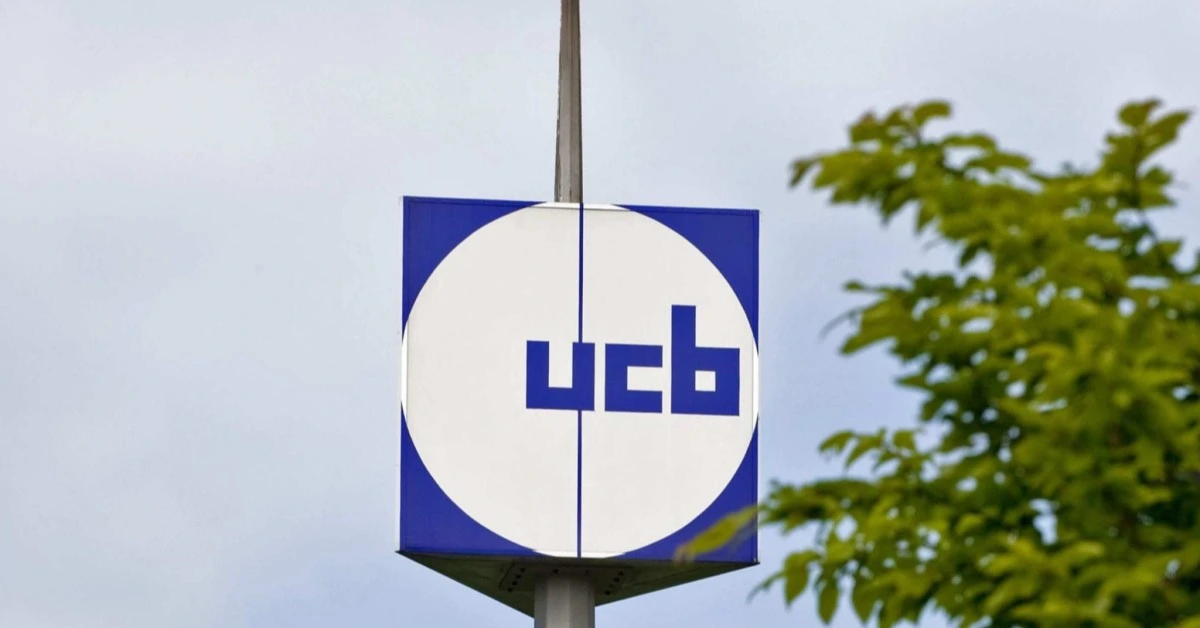
U.K – Patients with Lennox-Gastaut syndrome (LGS), a severe form of epilepsy, now have a new treatment option as the NHS has approved funding for Fintepla (fenfluramine).
The drug, developed by UCB, has been recommended by the National Institute for Health and Care Excellence (NICE) as an effective option for reducing seizures in people aged two years and older.
LGS is a rare and debilitating type of epilepsy that typically starts in early childhood. It causes frequent and varied seizures, including “drop” seizures, where patients suddenly lose muscle control and fall, increasing the risk of serious injuries.
The condition is highly resistant to most epilepsy medications and often leads to severe learning and behavioral difficulties.
Fintepla is the first non-cannabis-based treatment for LGS, providing an alternative to Epidyolex (cannabidiol) and clobazam, both of which have been available on the NHS since 2020.
Unlike Epidyolex, which must be administered through specialized pediatric centers, Fintepla can be taken at home, making it more accessible for families.
Offering hope to families
According to Professor Stephen Powis, NHS England’s national medical director, Fintepla provides families with “the chance for greater stability and a better quality of life” by helping to control and reduce seizures.
He emphasized that the drug is a “vital alternative for those who can’t tolerate existing cannabis-based treatments.”
For families affected by LGS, the decision brings much-needed hope. Michael and Paul Atwal-Brice, parents to Levi, a child suffering from severe epilepsy, described the approval as “really positive news for families like ours.”
They explained that Levi endures extremely serious seizures and managing multiple medications has been a huge challenge due to side effects. They believe Fintepla could be “potentially life-changing” for their son and their family.
How Fintepla works and NICE’s conditions
NICE estimates that around 1,400 people in the UK will be eligible for Fintepla. The drug had already been approved for Dravet syndrome, another severe epilepsy disorder that can also be treated with Epidyolex.
The final NICE recommendation came after UCB appealed the initial rejection and offered a better discount on the drug’s price.
However, the approval comes with conditions—patients must be reassessed every six months, and the treatment should only continue if seizure frequency is reduced by at least 30%.
The history of Fintepla
Fenfluramine, the key ingredient in Fintepla, has been around for decades. It was previously used in weight-loss drugs in the 1990s as part of the fen-phen combination, which was later banned due to links with heart valve problems.
However, Fintepla uses a much lower dose, and clinical trials have not found any cardiovascular risks so far. Fintepla became part of UCB’s drug portfolio when the company acquired Zogenix for US $1.9 billion in 2022.
At the time, UCB saw the drug as having blockbuster potential, following in the footsteps of its other epilepsy treatments, such as Keppra (levetiracetam).
In the first half of 2024, Fintepla generated €154 million (US $161 million) in sales, reflecting a 50% increase from the previous year.
XRP HEALTHCARE L.L.C | License Number: 2312867.01 | Dubai | © Copyright 2025 | All Rights Reserved